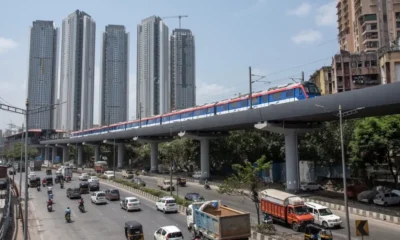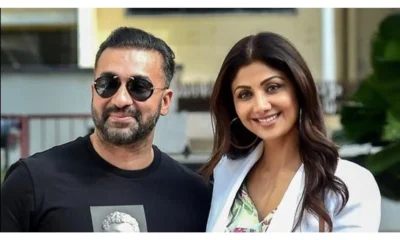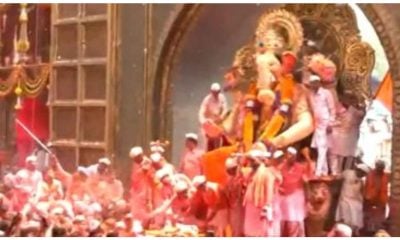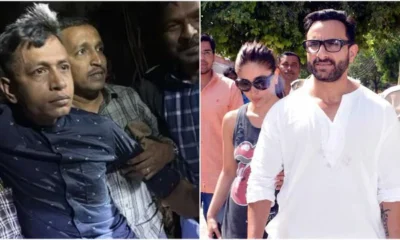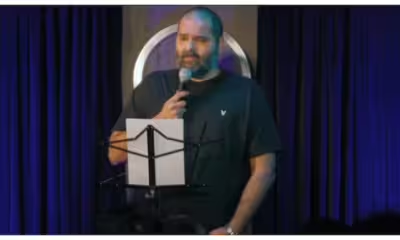Mumbai Police have verified the identity of the accused in the stabbing of actor Saif Ali Khan using facial recognition technology. Mohammad Shariful Islam, a Bangladeshi national, was confirmed as the individual captured on CCTV footage at the crime scene, officials said.
Islam allegedly broke into Khan’s apartment on the 12th floor of a Bandra high-rise in the early hours of January 16 with the intent to commit robbery. When confronted by the 54-year-old actor, Islam allegedly stabbed him six times before fleeing the scene.
Khan was immediately taken to Lilavati Hospital, where he underwent emergency surgery. One of the wounds came dangerously close to his spinal cord, leading to a spinal fluid leak. After five days of hospitalization, he was discharged and advised strict bed rest.
Arrest and political connections
Islam was apprehended on January 19 in Thane, a neighboring city of Mumbai. His father, Mohammed Ruhul Amin, in a conversation with media, claimed that his son had fled Bangladesh due to political persecution. Amin alleged that Islam was affiliated with the Bangladesh Nationalist Party (BNP) and was targeted under the long rule of the Awami League government led by Sheikh Hasina.
Despite acknowledging his son’s political past, Amin denied his involvement in the crime, asserting that the person captured on CCTV was not Islam. He claimed Islam had a distinct facial structure and hairstyle different from the suspect in the footage. Furthermore, he questioned the credibility of the CCTV visuals used to identify him.
Legal developments and forensic contradictions
A Mumbai court recently rejected the police’s request for an extension of Islam’s custody, citing a lack of new evidence. The Bandra magistrate’s court ruled that while police can seek custody again if new developments emerge, Islam would remain in judicial remand for now.
Under India’s revised criminal code, authorities can seek police custody for up to 15 days within a 40- or 60-day period, depending on the gravity of the offense.
Despite the strong facial recognition match, forensic investigations have thrown up contradictions. Fingerprint analysis conducted by the CID failed to match Islam’s prints with those collected from the crime scene. This unexpected result raised concerns, but authorities proceeded with further forensic tests on items recovered from the crime scene, including the suspect’s clothing, a knife, a towel, and a bag.
Illegal entry and alleged motive
Investigators suspect that Islam entered India illegally from Bangladesh, changing his name to Bijoy Das upon arrival. He reportedly spent time in Kolkata before relocating to Mumbai.
Police are now tracking individuals who may have aided Islam’s illegal entry and stay in India. According to his statement, Islam was promised fake Indian identity documents in exchange for money, which allegedly motivated him to commit the robbery at Khan’s residence.
Wrongful detention controversy
The case also saw a wrongful arrest when Akash Kanojia, a 31-year-old man, was mistakenly taken into custody following a tip-off. Kanojia, who was arrested while traveling on a train in Chhattisgarh, later claimed that the incident devastated his life.
Speaking to media, Kanojia said he lost his job as a driver and even had a marriage proposal withdrawn due to the stigma of being a suspect in the high-profile case. His father, Kailash Kanojia, condemned the police’s actions, stating that his son had suffered immense mental trauma.
Mumbai Police defended the mistaken detention, stating that preliminary questioning and detentions are routine during complex investigations.
Ongoing investigation
Despite the fingerprint mismatch, authorities remain confident in the facial recognition findings and other forensic evidence. The investigation continues as police work to determine how Islam entered India and whether he received assistance in forging documents.
With multiple twists in the case, including forensic inconsistencies and a wrongful arrest, the probe into the Saif Ali Khan stabbing incident remains far from over.
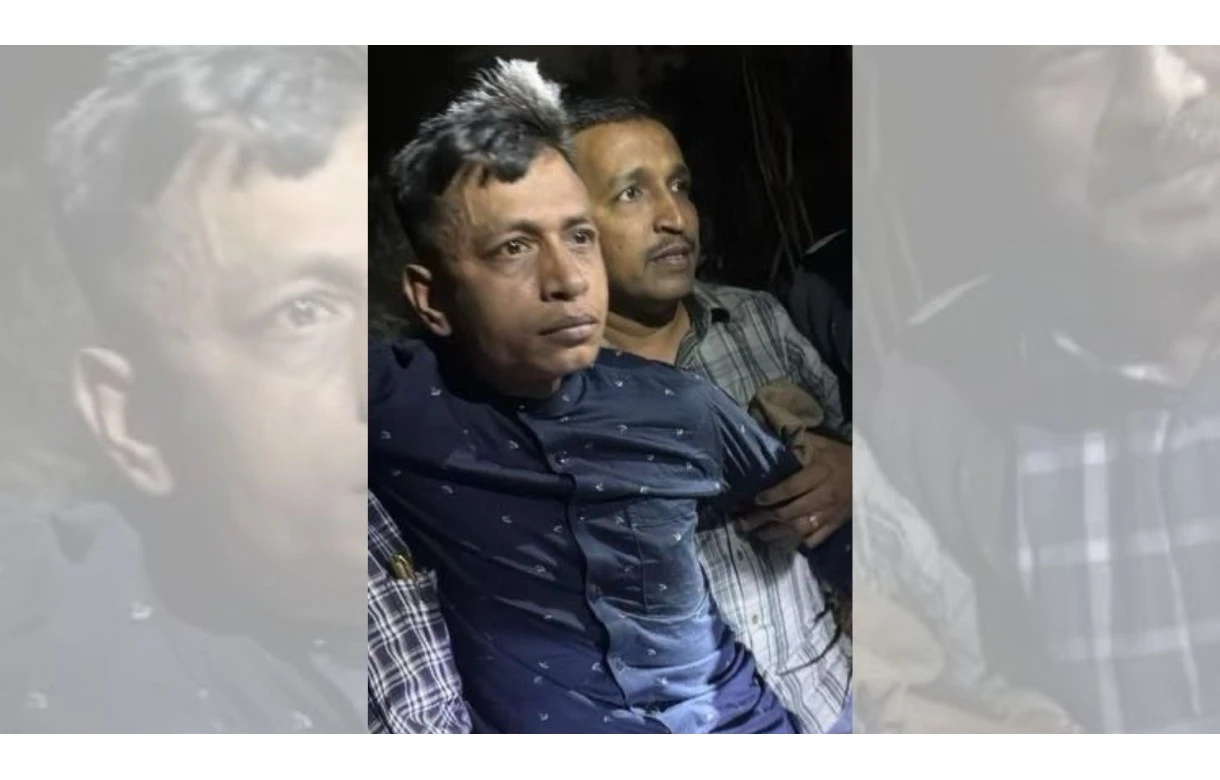

 Latest world news12 hours ago
Latest world news12 hours ago
 Latest world news12 hours ago
Latest world news12 hours ago
 India News12 hours ago
India News12 hours ago
 Latest world news12 hours ago
Latest world news12 hours ago
 India News11 hours ago
India News11 hours ago
